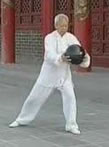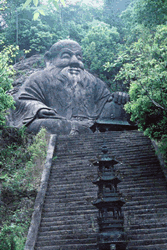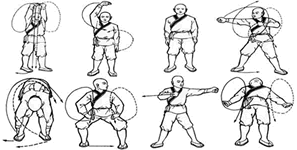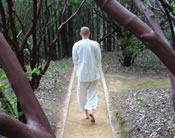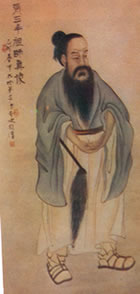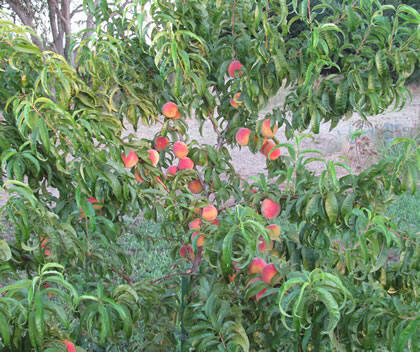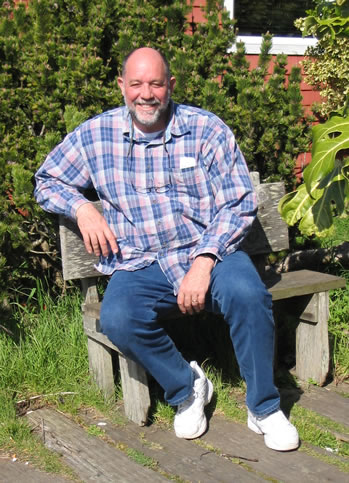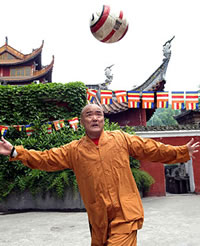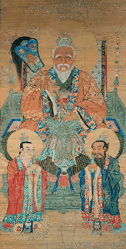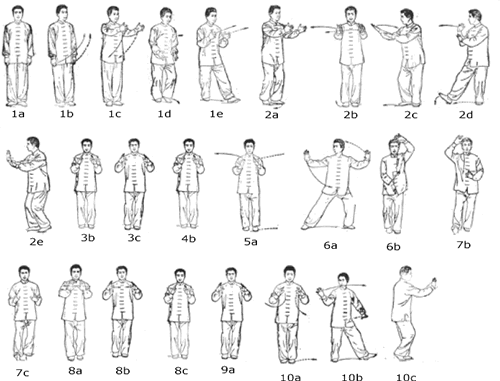"I saw Master Chang San-feng
Enter the Sidhe, Fairies by his side,
Crossing over the pond at dawn.
Astonished I was!
On the teahouse table by the pond I later found
Some of his neatly printed notes
Folded in a well worn tome
Of the Tao Te Ching, in Chapter 14.
He had written:
”Even for an Immortal, the Past is the Key.
The Future
Grasp at it, but you can’t get it,
Colorless as an invisible crystal web,
Unformed, thin, a conundrum of ideas,
The Grand White Cloud Temple of Possibilities,
Flimsy as a maybe, strong as our hopes,
Silent as eternal Space.
When you meet it, you can’t see its face.
You want to stand for it, but cannot find a place.
The Present
It appears and disappears through the moving ten thousand things,
Quick as a wink, elusive as a hummingbird,
Always Now with no other choice,
Moving ground, unstable Plates,
Real as much as Real gets to Be,
This Day has finally come,
Room for something, for the moment, waits
Gone in a flash, assigned a date,
Gulp, swallowed by the future.
Unceasing, continuous, entering and leaving
The vast empty center of the Elixir Field.
The Past
Becoming obscurer, fading, falling apart,
A mess of memories in the matrix of brains;
Some of it written, fixed in ink, chiseled in stone,
Most of it long lost in graves of pure grey bones.
Following it you cannot see its back,
Only forms of the formless, stories, tales,
Images of imageless, fictions, myths.
A smattering of forever fixed facts,
Scattered about the homes of fading ghosts.
The twists and turns of millions of tongues
Leaving us languages, our passports to the past.
The future becomes past, the present becomes past,
Every thing lives, subtracting but seconds for Nowness, in the Past.
The Realms of the Gods, the kingdoms of men,
The Evolutionary Tree with roots a million years long
Intertwined with turtles, dragons, trees, stars and toads;
crickets, coyotes, grasses, tigers, bears, monkeys and men.
These profoundest Three of Time
An unraveled red Knot of Mystery,
Evading scrutiny in the darkness of days
Eluding capture in the brightness of nights,
In beginnings and endings are only One, the Tao,
Coming from Nowhere, Returning to Nothing.
What dimension of Time
Does your mind dwell within?
Future, Present or Past
Where is your homeland?
The Past holds the accomplishments, the created, the glories, and the Great.
The Present is but a thin coat of ice on the Pond of Fate.
The Future is an illusion, a guess, a plethora of possible states.
Recreate the Past
By playing within the Present.
Twisting and reeling one’s silky reality
From the Black Cocoons of the Acts
From which we create our Pasts.
Follow the Ancient Ways.
The Past is the Key.”
- By Michael P. Garofalo, Meetings with Master Chang San-feng
